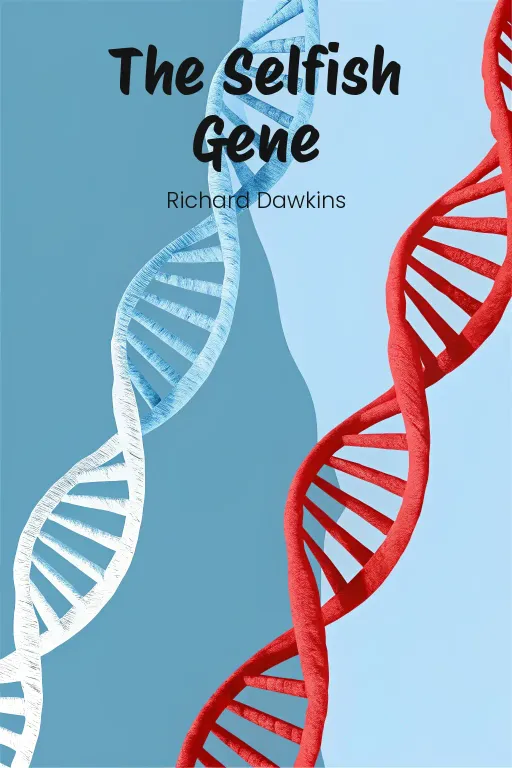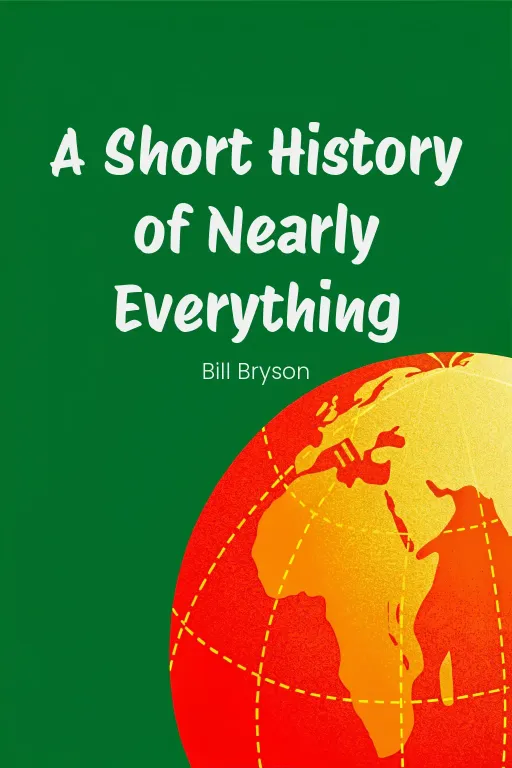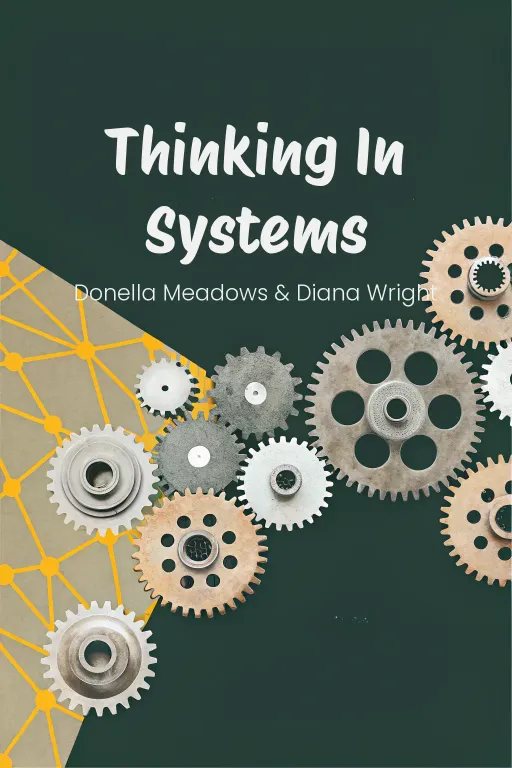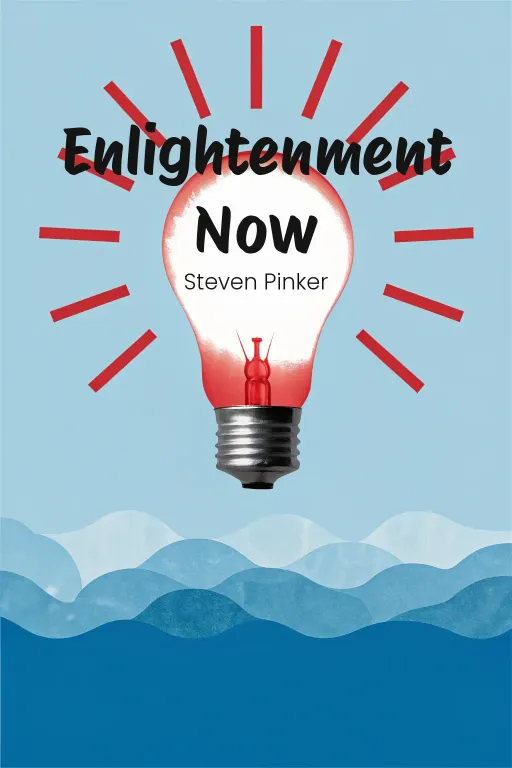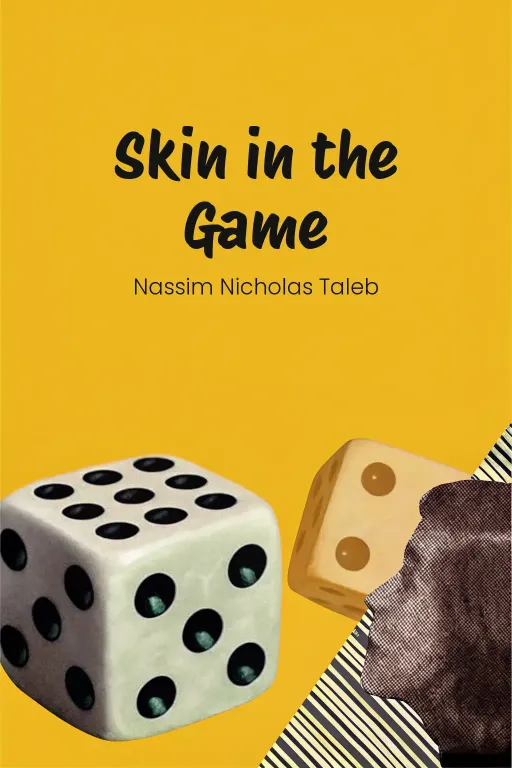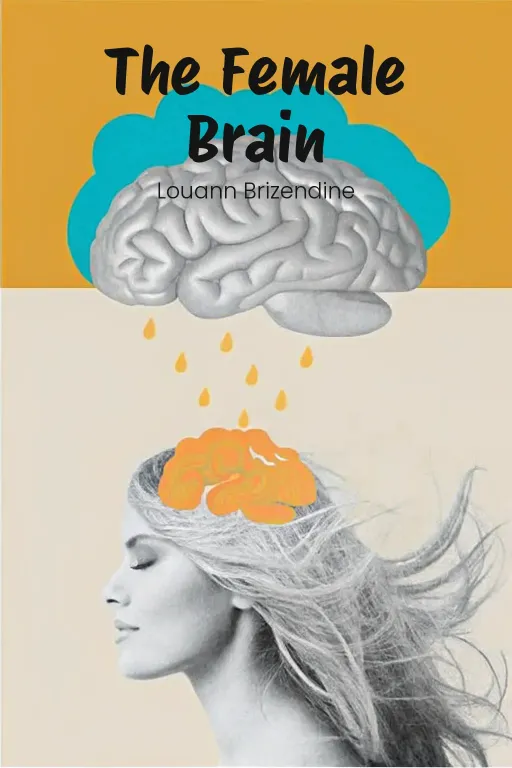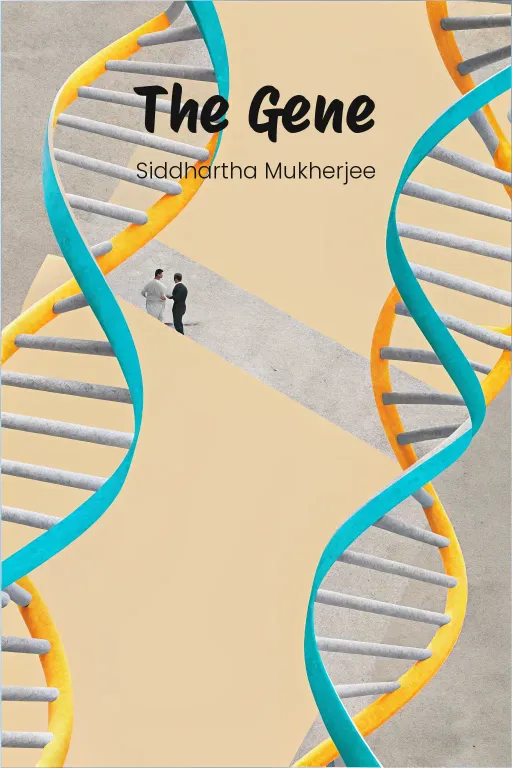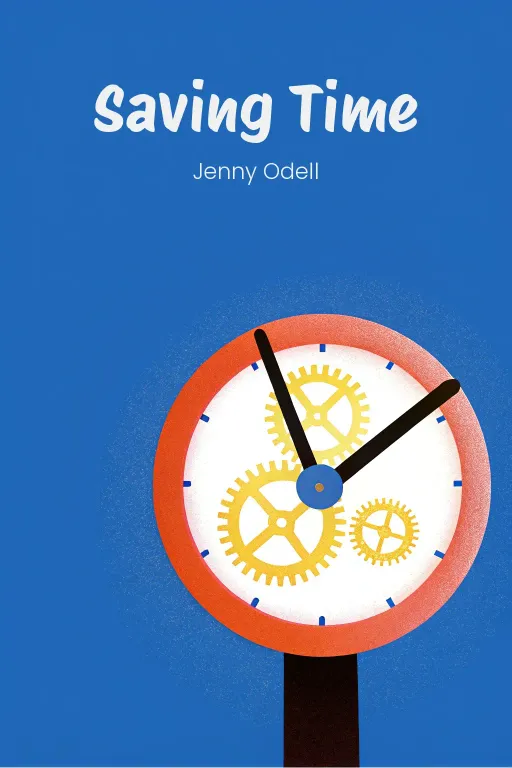
Dare to Understand: Progress Today
Podcast by Wired In with Josh and Drew
The Case For Reason, Science, Humanism, and Progress
Introduction
Part 1
Josh: Hey everyone, welcome back! Today we're tackling a pretty huge question: human progress. Really, are we living in the best of times, or is everything just going downhill fast? Drew: Exactly! I mean, you can't look anywhere these days without seeing headlines about climate change, political divides, and that ever-widening gap between the rich and poor. It feels like progress... stalled, maybe? Or maybe even went backward? Josh: Right, so the book we're discussing today takes a different stance. It argues that Enlightenment values – things like reason, science, humanism, and yes, progress – are actually behind the incredible leaps we've made as humans. And it uses solid data to back up just how far we've come, while still recognizing the serious problems we're facing. Drew: So, it's basically a defense of rational thought and critical analysis in a world addicted to bad news? Sounds... ambitious. What's on the agenda for today? Josh: We're going to break it down into three key areas. First, we’ll look at how Enlightenment values arose in history and paved the way for major change. Then, we'll examine how those values directly drove progress in crucial areas like health, education, and democracy. And finally, we'll explore why these principles are more important than ever for tackling today's big crises, things like inequality, populism, and, of course, climate change. Drew: Okay, so we're talking history, stats that prove progress, and saving the world. Sounds good. Let's see if these Enlightenment ideas can “really” hold their own in the chaotic world we live in now.
Enlightenment values
Part 2
Josh: Okay, so let's dive into the historical roots of Enlightenment values. We're talking about the Enlightenment period itself, right? Thinkers like Immanuel Kant urged people to "dare to understand," which meant breaking away from, you know, “self-incurred immaturity," as he put it. This idea of questioning authority, whether religious or political, was pretty groundbreaking then. Drew: Right, and "dare to understand" wasn't just about reading a book. It was a complete intellectual rebellion. Basically telling every power structure, "Hey, you don't get to decide what's real anymore, because I've got reason and I’m not afraid to use it." Josh: Exactly! And this wasn't just abstract thinking; it had real-world impact. Take the abolition of slavery, for example. Thinkers like Montesquieu used reason and humanism to argue that slavery was wrong and didn't fit with the idea of universal human equality. It wasn't an overnight change, but these ideas paved the way for abolition movements, culminating in things like the British Empire abolishing slavery in 1833. Drew: It's kind of crazy, and a little depressing, that something so clearly wrong as slavery needed reasoned arguments to be taken down. Like, really? “Owning other humans is bad," needed to be argued? But it shows how deeply-rooted those systems were and how much intellectual and moral pressure it took to change them. Josh: Exactly, and that highlights both the beauty and challenge of Enlightenment values. They require evidence and rational debate to overcome even the most ingrained injustices. It's this process of questioning and challenging the status quo with logic and empathy that paved the way for other human rights revolutions. Drew: Okay, so we've got this framework from the Enlightenment—reason and humanism—that helped dismantle systems like slavery. Let’s bring it to the present day. Do these ideals still hold weight in a world that feels drastically different from the late 1700s? Josh: Absolutely. Consider something as transformative as vaccines. Jonas Salk's polio vaccine in the 1950s wasn't just a scientific breakthrough; it was a triumph of humanism. Salk refused to patent the vaccine, famously saying, "Could you patent the sun?" That's Enlightenment in action: using science to improve humanity and prioritizing collective well-being over personal profit. Drew: So, polio goes from paralyzing kids to being nearly wiped out, thanks to Enlightenment principles—reason-driven science and a commitment to the greater good. But here’s the interesting thing. Those same principles are now kind of being weaponized against themselves. You see anti-vaxxers waving fact-free banners as though countering logic with conspiracy theories is some new Enlightenment rebellion. Josh: That's a crucial point. Enlightenment values don't mean rejecting authority simply because it exists; they mean questioning it when the evidence doesn't add up. The tools the Enlightenment gives us—like Bayesian reasoning, which updates beliefs based on new evidence—are specifically designed to combat things like confirmation bias. Fact-checking initiatives today, for example, embody that rigor and objectivity, and cut through misinformation on a scale no 18th-century philosopher could have imagined. Drew: So, we have these powerful tools to combat not just disease but also disinformation. Still, prioritizing reason over tribalism feels like a harder sell in this age of algorithm-driven outrage. It’s one thing to theorize progress, it's another to keep shouting it over the noise created by, you know, half a billion hot takes. Josh: True, but speaking of scale and complexity, another area where Enlightenment principles “really” shine—and where we're seeing their limits tested—is global cooperation. Think about the Paris Agreement on climate change. It's a quintessential Enlightenment product—nations coming together, guided by scientific consensus, to tackle a systemic, collective challenge. Drew: But that agreement also highlights the tension between idealism and reality. While the science is solid, political will is all over the place, or disappears completely. Short-term thinking often wins out over long-term collective responsibility. It seems like we're still having that Kantian debate about whether humanity can rise above self-interest and act rationally for the greater good. Josh: Exactly. Enlightenment values provide the framework and tools, but the outcomes depend on our consistent commitment to use them. Without a collective belief in reason, science, and humanism, even something as solid as climate science can be undermined. That's why these principles aren't just historical artifacts—they're essential for navigating modern crises. Drew: I'm convinced of the application, but let's shift to morality for a second. Humanism, as the ethical foundation of the Enlightenment, clearly pushes for dignity and equality. But not everyone saw, or sees, those as guiding ideals. Nietzsche’s "will to power" ran directly against that. Strength over equality, personal dominance over everyone else—it's basically the anti-humanist manifesto. Josh: Nietzsche's critique does challenge Enlightenment optimism, especially its belief in inevitable progress. His philosophy highlights how easily power can corrupt those ideals. But the strength of the Enlightenment isn’t about pretending utopia is achievable. It's about building a moral and intellectual toolkit to confront human flaws. Drew: So, Nietzsche is all about shaking things up, while the Enlightenment approach is more about, you know, steady recalibration toward fairness and inclusion? Josh: Exactly. Enlightenment values don’t ignore the darker sides of human nature, but they call for integrating reason and compassion into our responses. That’s why movements like women’s suffrage managed to shift societal norms. Activists like John Stuart Mill used evidence and moral argumentation to dismantle patriarchal systems, proving progress doesn’t need to be a zero-sum game. Drew: And there's the contrast: Nietzsche says might makes right, while the Enlightenment bets on empathy and data. It's not just about winning arguments; it's about building structures that reflect shared human dignity. Josh: Right, and when you look at the big picture, these values—reason, science, progress, and humanism—are all about creating systems that outlive individuals. They aren’t quick fixes; they’re long-term strategies for resilience and cooperation in an ever-changing world. Drew: That’s a compelling case. Enlightenment values, then, are as much about humility—admitting what we don't know and listening to evidence—as they are about ambition. I think we could all use a little more of that.
Conclusion
Part 3
Josh: Okay, so to sum it all up, we've really dug into the lasting impact of Enlightenment values today—things like reason, science, humanism, and this idea of progress. These principles, they “really” ignited revolutions in how we think and act, right? I mean, from abolishing slavery to wiping out diseases like polio, they’ve shown how powerful they can be over centuries. They give us a way to actually approach the big challenges we face. Drew: Yeah, but it’s not all sunshine and rainbows, is it? We've also seen where these values run into trouble— whether it's dealing with misinformation, the rise of populism, or just the difficulties of getting countries to cooperate on a global scale. The world is complicated, which means these ideals are constantly being tested; progress is definitely not a given. Josh: Precisely! And that's why these values are still so crucial. They require us to be humble enough to recognize our own biases, brave enough to challenge the way things are, and committed to working together for the common good. They're not just old ideas, they're essential tools for dealing with whatever comes next—climate change, making things fairer, and finding truth in this crazy digital world. Drew: So, the key takeaway here is that progress doesn’t just happen on its own—it’s something we have to actively work towards, using reason and empathy as our guides. Whether that’s in our daily conversations, in shaping policies, or just questioning the endless stream of fake news, we all have a role to play in keeping these values alive. Josh: Couldn't have said it better myself, Drew. The Enlightenment wasn’t some project that's finished; it's an ongoing invitation to keep “daring to understand”. Let's definitely keep that going.
